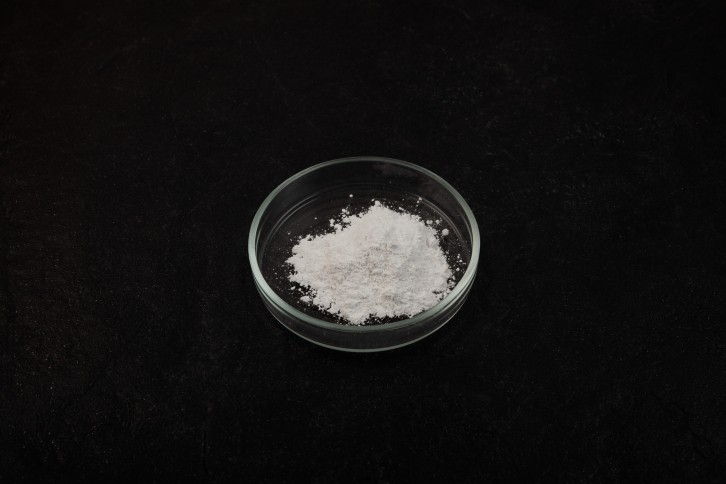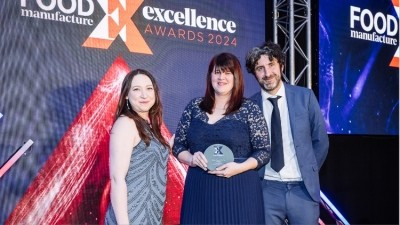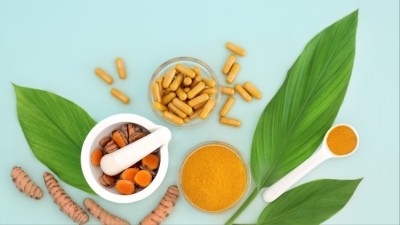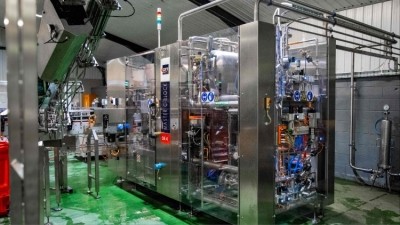News
Common food additive could create coeliac risk in humans, research claims

Researchers at INRAE and McMaster University in Canada explored how exposure to E551, commonly known as silicon dioxide, could affect the intestinal immune system – more specifically, the impact on oral tolerance to dietary proteins.
E551 is a powder composed of nanoparticles (particles less than 100 nanometres in size) that serves as an anti-caking agent in an array of dry and powdered foods, including soups, cereal-based infant formula, instant coffee and freeze-dried pasta.
Lowered tolerance
In this study, researchers exposed mice to E551 on a daily basis for three months. They observed that the animals demonstrated lower oral tolerance to dietary proteins, while also showing greater levels of intestinal inflammation.
Their research into underlying mechanisms found that exposure to E551 reduced the number of intestinal immune cells responsible for producing the anti-inflammatory compounds needed to prevent gut reactivity.
By using mice that expressed the coeliac disease risk gene, the researchers then discovered that daily exposure to E551 worsened levels of the inflammation markers associated with the disease.
When taken together, these results indicates that chronic exposure to E551 via dietary sources could promote the development of coeliac disease in people genetically predisposed to the condition.
Potential toxicity
“This research is the first to underscore the potential toxicity of this food additive, which is currently considered to be safe for consumption,” read the report.
While the use of E551 is commonplace as an essential processing aid in various food transformation processes, it does not appear in the ingredients list on the packaging, even if it is present in the final product.
The team is continuing this line of inquiry via a number of projects, funded through 2027, with collaborators at the French National Laboratory for Metrology and Testing (LNE), CNRS, and INSERM.
Meanwhile, Food Manufacture spoke to four experts, including free-from manufacturers Moo Free and Kirsty’s, around managing allergens within your factory and supply chain.
















